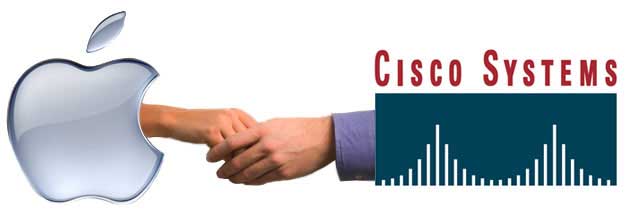In a U.S. study of 379 people, most of whom own iPods and are familiar with the iPhone, respondents said they are not willing to pay $499/$599 for the iPhone, but would go as far as to switch mobile phone providers if the price drops.
Here’s the breakdown of responses:
- 26 percent of respondents said they’re likely to buy an iPhone at some point
- 6 percent of this 26 percent said they’d pay over $400 for it
- Only 1.8 percent of all respondents said they’re willing to pay $400+ for iPhone
- 38 percent of all respondents said they would be willing to spend over $200
- 58 percent of non-Cingular customers who were very likely to purchase an iPhone said they would switch from their current mobile provider
Will the iPhone price drop? Apple introduced Apple TV and said it would debut at $399, but it actually hit the market at $299. Some analysts say the iPhone price will drop, but it may happen only after early adopters grab their iPhones at $499/$599.


